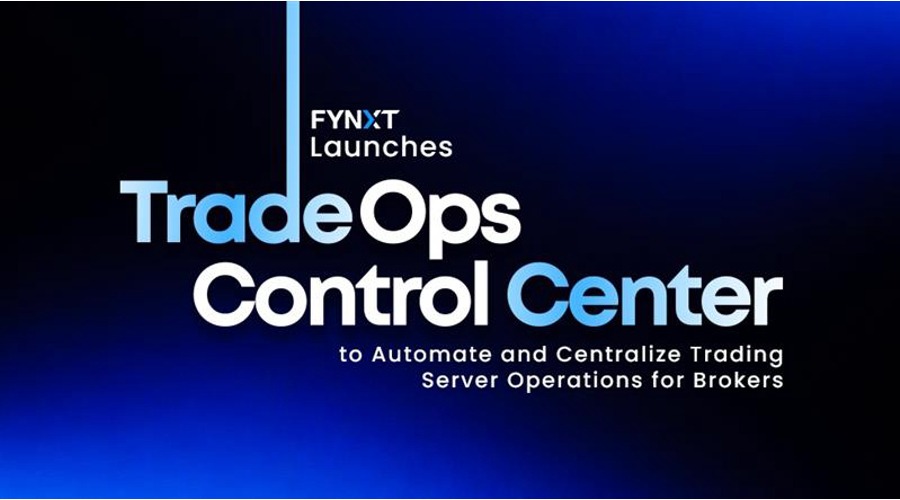For economic development and prosperity, it is essential that people and businesses have access to and use financial services. The official financial system still excludes a large number of individuals worldwide, despite recent great improvements. We will look at what, in 2023, can promote financial inclusion and increase access to financial services in this article.
Modernization and Innovation
Technology and innovation are major forces behind financial inclusion. Technology advancements, particularly in developing nations with weak traditional banking infrastructure, have made it simpler for people to obtain financial services. Examples include mobile banking and digital payments.
We may anticipate more technological and innovative developments in 2023, which could promote financial inclusion. For instance, the adoption of cryptocurrencies and blockchain technology may make it possible to offer safe and open financial services to people who cannot utilize conventional banking institutions.
Cooperation among Stakeholders
Collaboration among stakeholders could also promote financial inclusion in 2023. Driving financial inclusion requires the cooperation of governments, financial institutions, and non-governmental organizations (NGOs).
Together, these parties can increase access to financial services by exchanging knowledge, assets, and best practices. Governments, for instance, can support regulations, financial institutions, for infrastructure and knowledge, and NGOs, for outreach and education.
Regulatory Framework
Financial inclusion can be significantly influenced by the regulatory environment. Financial services may become more widely available and more reasonably priced if regulations were to encourage competition, innovation, and consumer protection.
We may anticipate that efforts to enhance the legal framework for financial inclusion will continue in 2023. This could involve programs like open banking, which enables users to share their financial information with other suppliers in order to access more specialized and reasonably priced financial services.
Knowledge and Awareness
Financial inclusion is also greatly aided by education and awareness. It's possible that many people who are not included in the formal financial system are unaware of the financial services that are accessible to them or are unsure of how to use them.
We may anticipate that efforts to advance financial education and awareness will continue in 2023. Initiatives like financial literacy programs, which attempt to educate people about the fundamentals of personal finance and money management, could fall under this category.
Collaborations with Fintech Startups
Fintech businesses are becoming more and more crucial in promoting financial inclusion. These firms are utilizing creativity and technology to offer accessible and inexpensive financial services to those who are not included in conventional banking institutions.
Continued collaborations between financial institutions and fintech startups to promote financial inclusion are anticipated in 2023. Through these collaborations, traditional financial institutions and fintech startups can pool their resources and expertise to develop new, easily accessible financial services.
Fintechs as a major driver for financial inclusion in 2023
In recent years, the emergence of fintech companies has disrupted the traditional financial services industry by leveraging innovative technologies to create new financial products and services. However, one of the most significant impacts of fintech has been the ability to improve access to financial services for underserved populations. In 2023, fintech companies are in a prime position to act as major drivers for financial inclusion and help close the gap in financial services access.
An estimated two billion adults worldwide are excluded from the formal financial system. These individuals often lack access to basic financial services such as savings accounts, loans, and insurance. The lack of access to financial services can hinder economic growth and limit opportunities for individuals and businesses.
Fintech companies have the potential to address these issues by leveraging technology to create new financial products and services that are more accessible, affordable, and convenient. For example, digital payment platforms such as PayPal and Square have made it easier for individuals and businesses to send and receive money globally. These platforms are particularly useful for individuals who do not have access to traditional banking services, such as those living in rural areas.
Mobile banking is another area where fintech companies are making significant strides towards financial inclusion. In many developing countries, traditional brick-and-mortar banks are scarce, and many individuals do not have access to a bank account. Mobile banking services have proven to be successful in bridging this gap by allowing individuals to open a mobile wallet and conduct basic financial transactions using their mobile phones.
Fintech companies are leveraging big data and artificial intelligence to create innovative credit scoring models that can help underserved populations gain access to credit. Traditional credit scoring models often rely on traditional credit histories, which can exclude individuals who lack a credit history or have a low credit score. By using alternative data sources, such as social media activity and mobile phone usage, these companies are able to create new credit scoring models that can help more individuals access credit.
The rise of decentralized finance (DeFi) is another area where fintech companies are driving financial inclusion. DeFi leverages blockchain technology to create decentralized financial systems that are open and accessible to anyone with an internet connection. These systems can provide access to financial services such as loans, savings accounts, and insurance to individuals who would otherwise be excluded from traditional financial systems.
Conclusion
Financial inclusion is essential for economic development and progress. Continued efforts to promote financial inclusion through technology and innovation, stakeholder cooperation, improvements to the regulatory environment, education and awareness campaigns, and collaborations with fintech startups are to be anticipated in 2023.
We can build a financial system that is more open, affordable, and inclusive for everyone, regardless of their background or location, by cooperating and utilizing the power of technology and innovation.

















